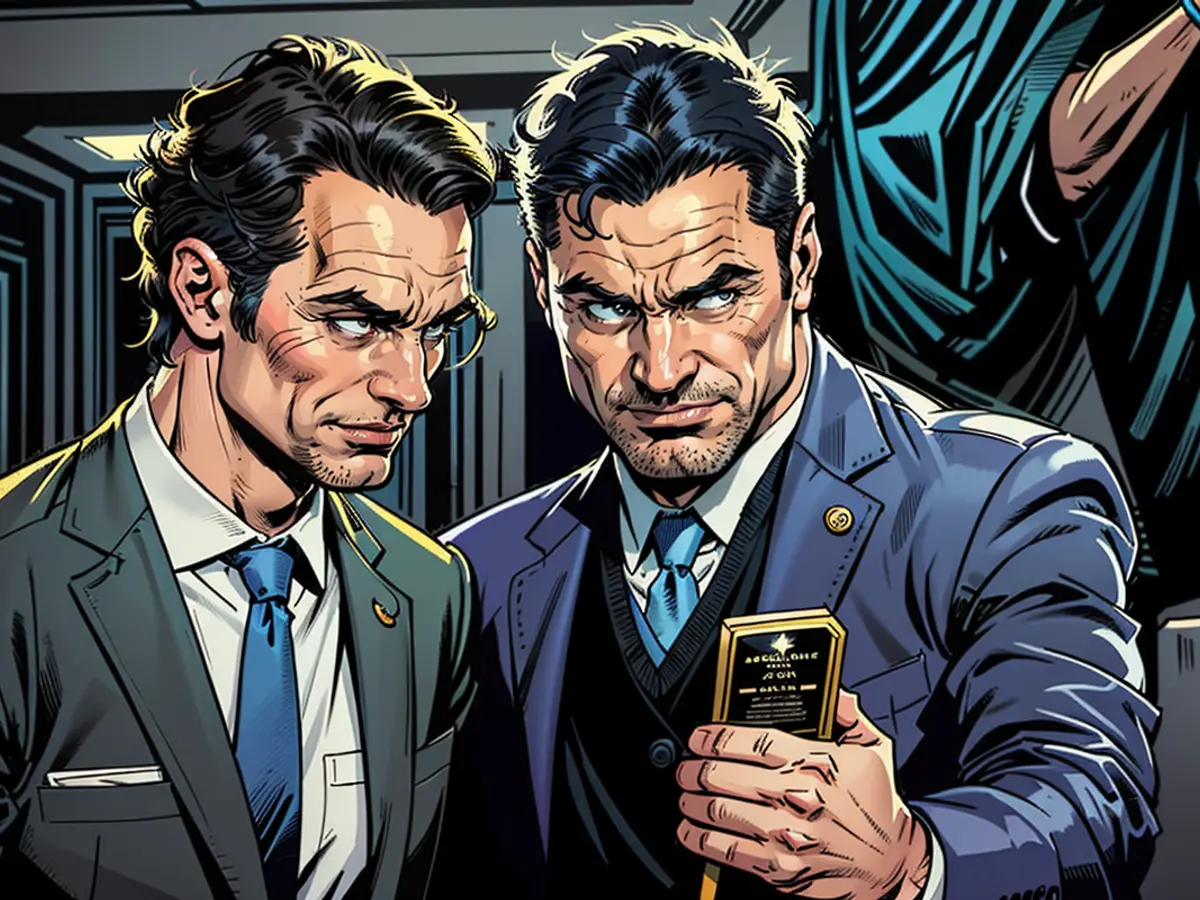In this conflict, the Southern and Desert Regions grapple over the Approach towards Vegetation.
There's been a fresh flare-up in discussions about the future positioning of the Greens within the Union. This spark was triggered by speculations surrounding Green faction leader Katharina Dröge. Markus Söder, leader of the CSU, has once again ruled out the idea of a black-green coalition at the federal level after the upcoming election. The stance from North Rhine-Westphalia swiftly followed. Meanwhile, potential Green chancellor candidate Robert Habeck showed a readiness to engage in coalition talks with the Union.
This Union debate was ignited by statements from Dröge. She criticized the current traffic light coalition with the SPD and FDP in the "Süddeutsche Zeitung", stating, "For us, it's clear: things cannot continue like this in a future government." The Greens would "cautiously consider which coalition we will enter after the next federal election," she asserted, even hinting at a potential alliance with the Union.
Söder responded with disdain, labeling such a move as "embarrassing" in X. He argued that the Greens served as "the ideological core" of the traffic light government, which "urgently needs to be replaced." Therefore, he insisted, "there should be no continuation of the Greens in government." He directly targeted Habeck, who had recently expressed interest in seeking the chancellor position. Söder referred to Habeck as "the worst economics minister in the history of Germany." For the CSU, he declared, "it's completely clear: no black-green after the next election."
However, Wüst, who governs with the Greens in North Rhine-Westphalia, countered Söder's stance. He pointed to the successful and trustful cooperation between the CDU and Greens in his state and elsewhere. He advised the Union to be open to discussions and coalitions with democratic parties of the center at all political levels.
"What happens with whom will be sounded out and negotiated after the elections," Wüst stated. However, he also commented that the FDP and SPD were "closer to us as the Union in many points," indicating that a coalition with them was a viable option.
Both Söder and Wüst are seen as potential candidates for the chancellor nomination if CDU leader Friedrich Merz does not emerge victorious. A decision on who will lead the Union into the 2025 federal election campaign is set to be made after the three state elections in East Germany in September.
The CDU and Greens also govern together in the states of Schleswig-Holstein and Baden-Württemberg. Joint alliances with the SPD are also in place in Brandenburg and Saxony.
The Green Group's leader, Katharine Dröge, stirred controversy with her critique of the current coalition with the SPD and FDP, suggesting cautious consideration for a potential alliance with the Union in future elections. Amidst this, The Green Group's potential chancellor candidate, Robert Habeck, showed a willingness to engage in coalition talks with the Union.








